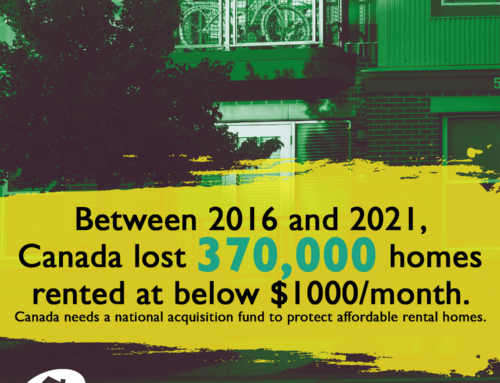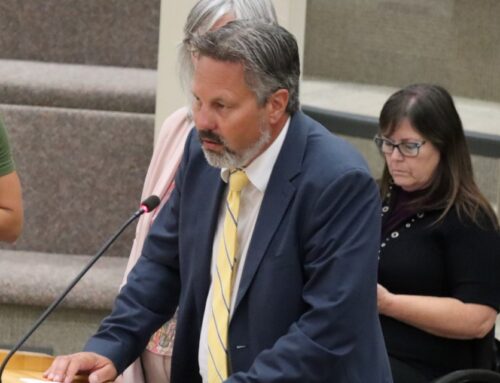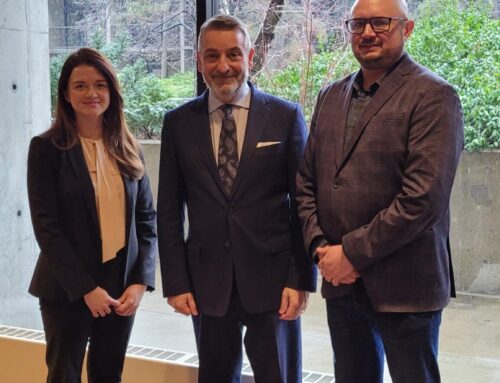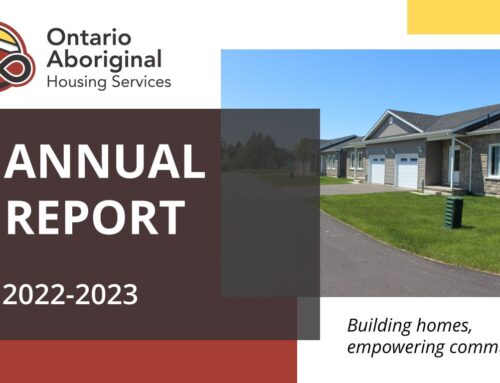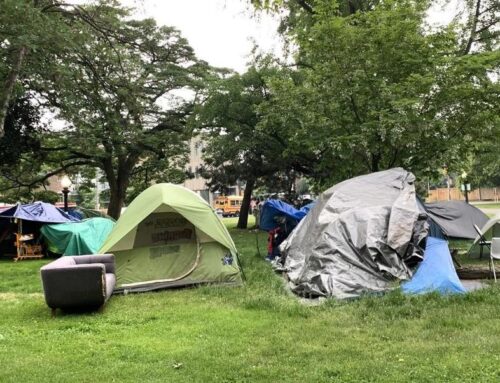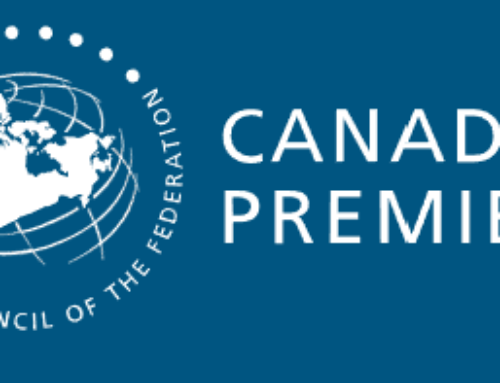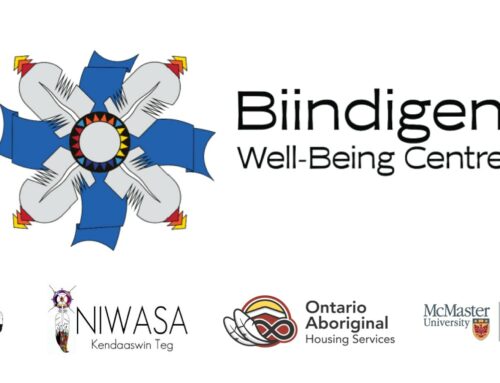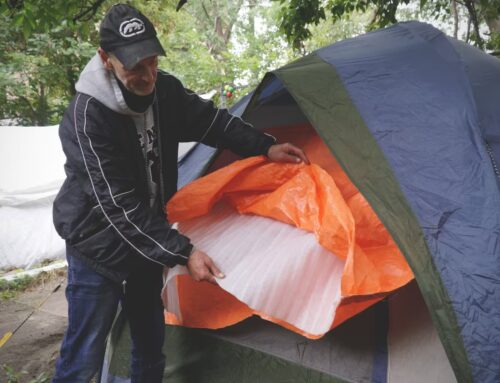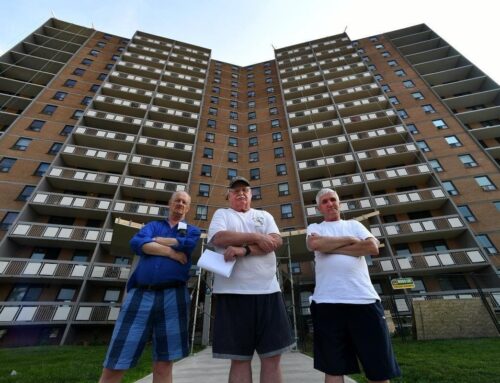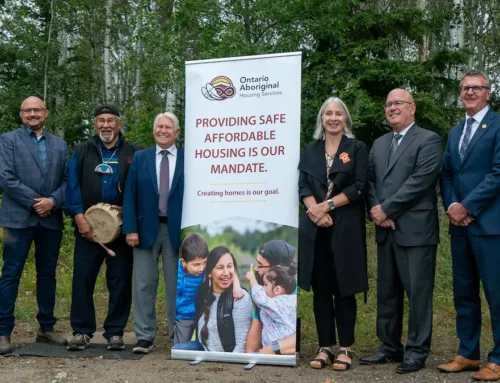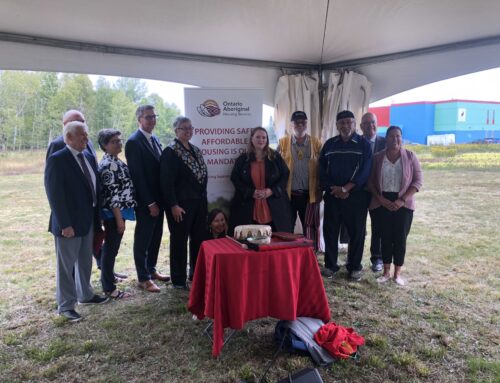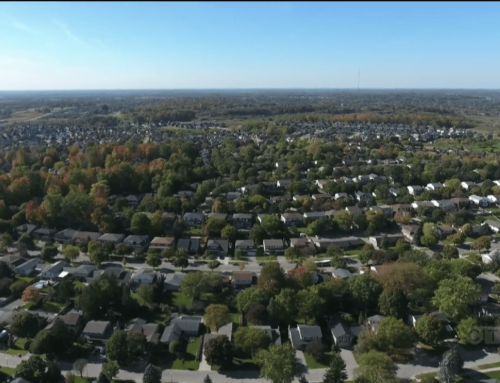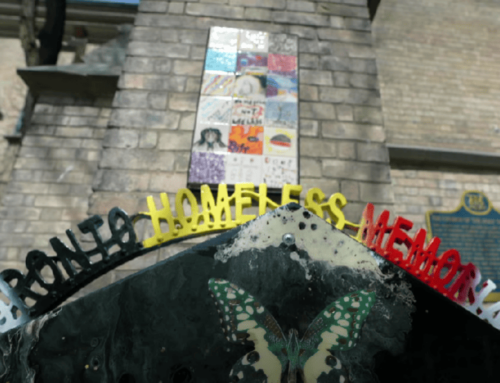Published on: Tuesday, January 26, 2021 by CTV News
OTTAWA — In light of the COVID-19 pandemic, The Canadian Press interviewed a group of leading Canadian experts in disease control and epidemiology and asked them what should be done to reduce the harms the next time a germ with similar destructive potential emerges. Here are the five most important lessons they offered.
SOCIO-ECONOMIC AND HEALTH INEQUITIES HAVE MADE SOME PEOPLE MORE VULNERABLE
COVID-19 has exposed fault lines in the Canadian society by showing how long-standing inequities contributed to higher rates of infections and mortality, said Steffanie Strathdee, a Toronto-born epidemiologist at the University of California in San Diego.
“The people who are, by and large, getting COVID are people who are poor, or of-colour, or living in poor socio-economic conditions,” Strathdee said.
…
University of British Columbia professor Erica Frank, a doctor and population-health expert, said almost all those who have died because of COVID-19 had pre-existing risk factors, including age.
“Not paying enough attention to reduction of chronic-disease risk has greatly increased the cohort of susceptible people to COVID,” she said.
She said there is a need to spend money on public health systems and on social determinants of health, such as housing, to decrease sickness and death.
Image by THE CANADIAN PRESS/Graham Hughes




